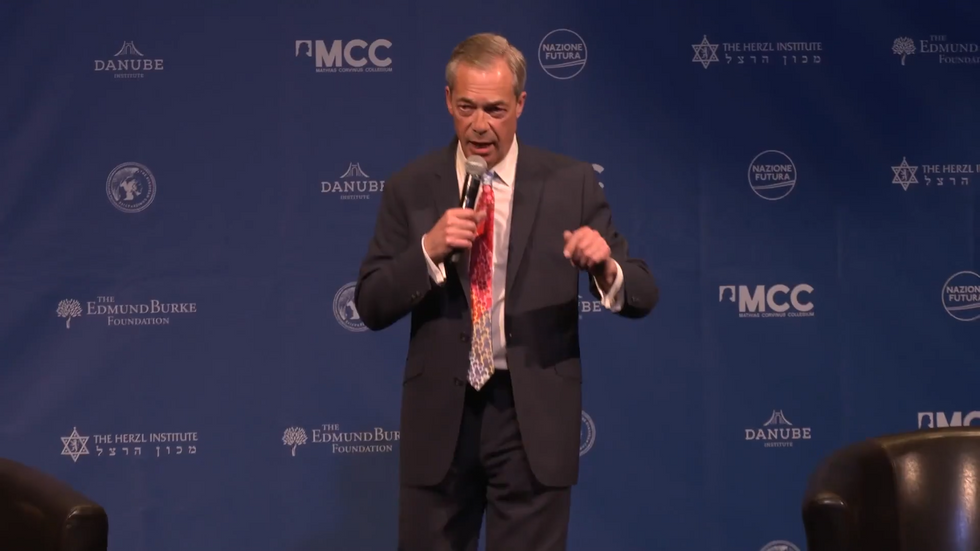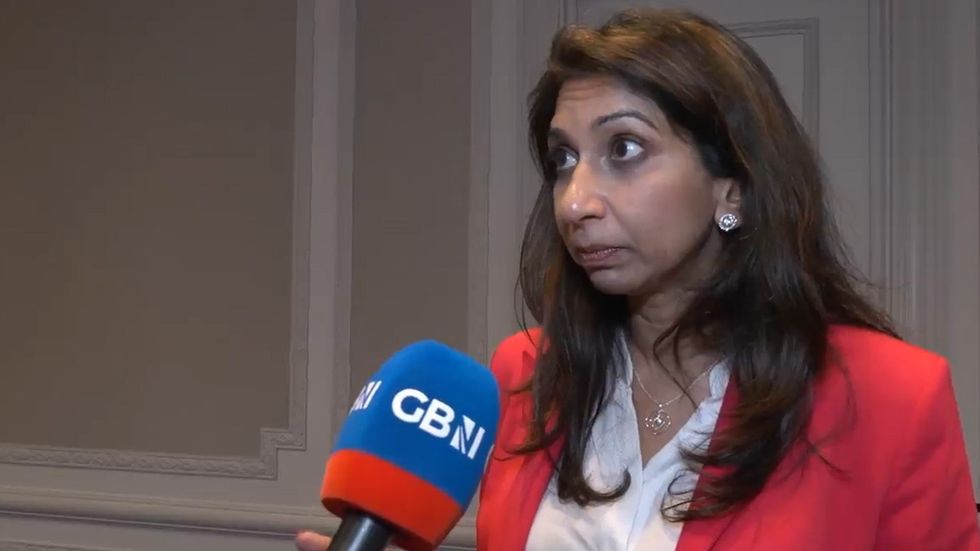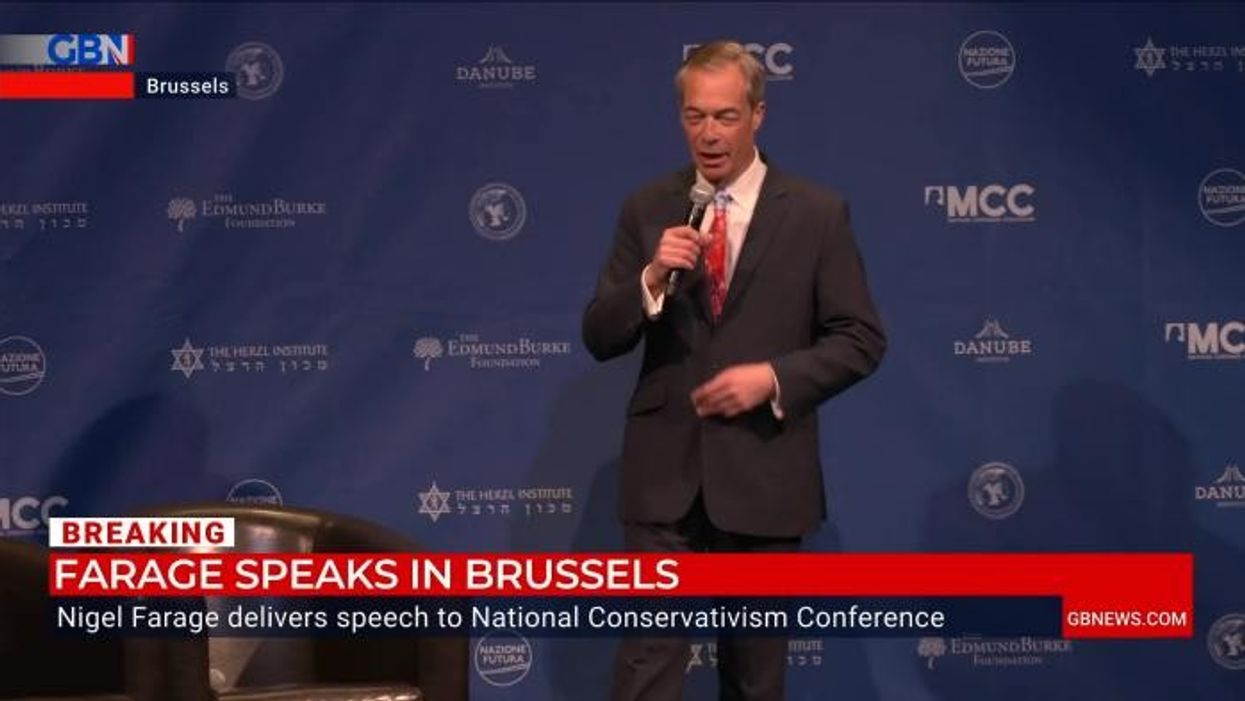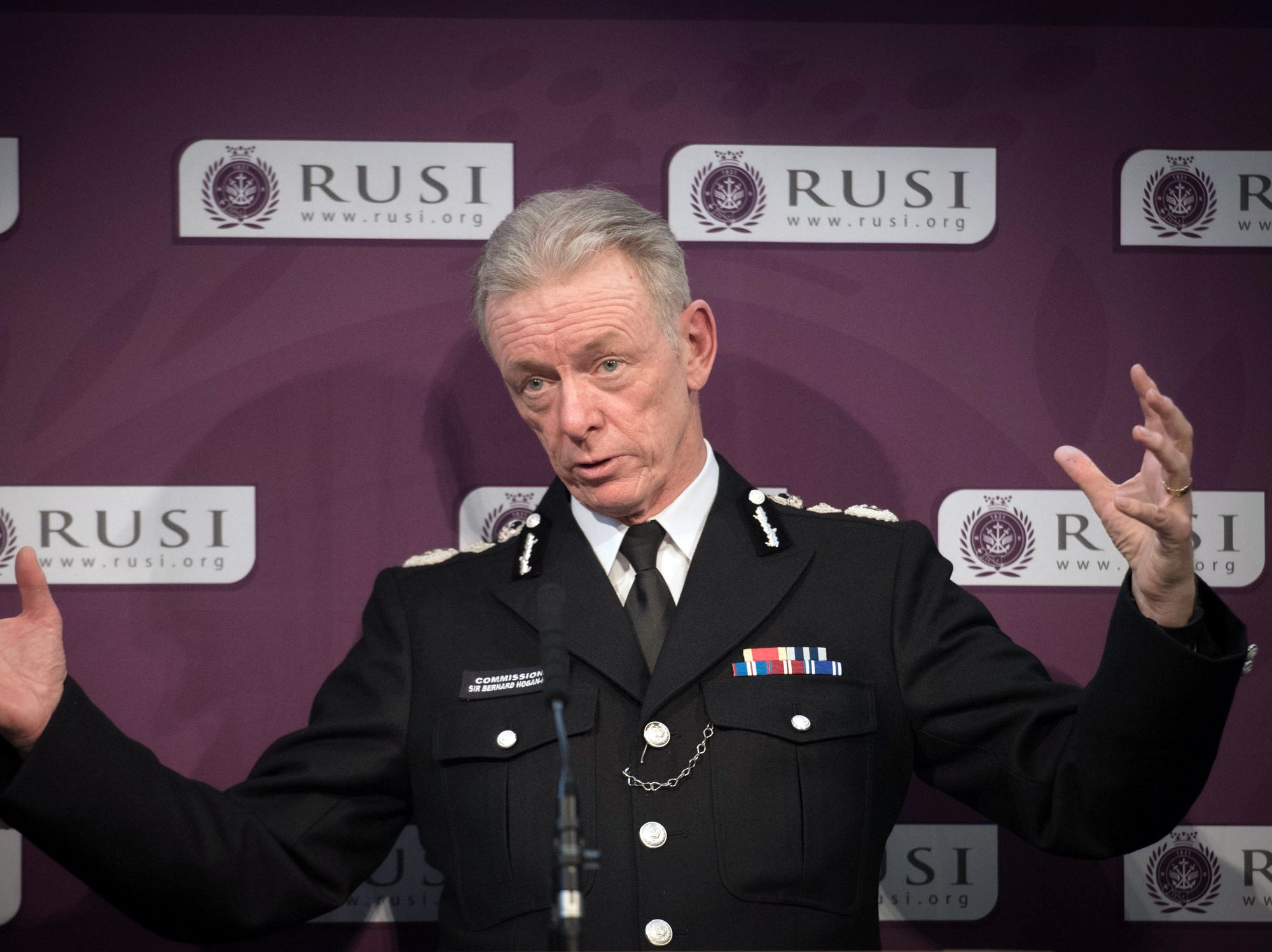The decision to shut down NatCon left me questioning the very principles that Europe claims to uphold, says Bella Wallersteiner
Mayor Kir's justification for shutting down the conference focused on potential threats to public order
Don't Miss
Most Read
As someone who once voted to remain in the Brexit referendum, believing in the democratic values of the European Union, I find myself deeply troubled by recent events in Brussels.
The decision to shut down the National Conservatism Conference, featuring figures like Nigel Farage and Hungary's Prime Minister Viktor Orban, has left me questioning the very principles that Europe claims to uphold.
Mayor Kir's justification for shutting down the conference focused on potential threats to public order and the "ethically conservative" and "Eurosceptic" nature of the movement.
However, the lack of credible risk assessments and the strong-arm tactics employed, such as threatening to cut off electricity and pressuring caterers, suggest a more sinister motive: silencing voices that Kir disagrees with.
 Nigel Farage was delivering a speech at the event | GB NEWS
Nigel Farage was delivering a speech at the event | GB NEWSSuella Braverman, a Conservative MP who attended the event, emphasised the importance of free speech, stating she was not thrown out and was able to deliver her speech.
However, the act of shutting down an entire conference because of the presence of individuals with differing views to the Brussels establishment is a grave infringement on the fundamental right to freedom of expression.
The National Conservatism Conference, organised by the Edmund Burke Foundation, aims to discuss traditional values and the idea of nationhood.
It was shut down without justification, reminiscent of authoritarian regimes that suppress alternative viewpoints.
Whether one agrees with the views presented or not, the right to discuss and debate these topics should be sacrosanct in any democratic society.
As Mohamed Nemri, the owner of the venue, aptly put it: "We are living in a free country. I'd like people to talk freely”.
Some human rights advocates and apparently liberal politicians have shown sympathy for Kir's decision.
The European Convention on Human Rights (ECHR), which is often touted as a defender of free speech, seems to be interpreted selectively when it comes to right-wing speech.
This selective application undermines the Convention's credibility and purpose.
LATEST DEVELOPMENTS:
- Nigel Farage speech in Brussels SABOTAGED as Mayor calls in police to SHUT DOWN conservative conference with just 15 minutes' notice
- 'Extraordinary' day in Brussels shows we were right to leave the EU, says Farage
- Exposed: Brussels mayor who tried to 'cancel' Nigel Farage speech hosted ultra-radical Iranian and Russian officials
 Suella Braverman hit out at Brussels for shutting down the National Conservatism conference | GB News
Suella Braverman hit out at Brussels for shutting down the National Conservatism conference | GB NewsThe Conseil d’État eventually overturned the decision to shut down the National Conservatism Conference.
The court's ruling emphasised that the right to assemble peacefully, as enshrined in Belgium's Constitution, should not be curtailed based on mere disagreements or potential reactions from opponents.
The court's decision was clear: the conference itself was not a threat to public order, but rather the disruptions stemmed from the reactions of its opponents.
As the ruling rightly stated, "the threat to public order seems to be derived purely from the reactions that its organisation might provoke among opponents."
The actions of Brussels' political leadership in pressuring venues to cancel the conference and the subsequent police intervention have cast a shadow over the city's democratic credentials.
As Paul Coleman, Executive Director of ADF International, aptly put it, "How can Brussels claim to be the heart of Europe if its officials only allow one side of the European conversation to be heard?"
Belgium’s Prime Minister Alexander De Croo also condemned the actions of the Brussels authorities, emphasising that "banning political meetings is unconstitutional. Full stop."
Mayor Kir's statement that some attendees held "anti-gay and anti-abortion views" demonstrates a worrying trend where differing opinions are labelled as "extreme" or "dangerous."
This tactic of using political correctness as a means to silence opposition is a slippery slope towards a society where only approved views are allowed to be aired.
It brings to mind the Cold War era, when artists, writers, and intellectuals who dared to question the status quo were silenced, their voices drowned out by state propaganda and censorship.
One cannot help but recall the words of Vaclav Havel, the Czech playwright and political dissident who later became the president of Czechoslovakia: "Truth and love must prevail over lies and hatred."
These timeless words serve as a reminder that the fight for freedom and democracy is ongoing and must be fiercely defended against any attempts to undermine it.
The National Conservatism Conference sought to bring together politicians, intellectuals, journalists, and concerned citizens to discuss important issues facing Europe today.
By shutting down the event, the Brussels authorities have sent a chilling message that alternative viewpoints are not welcome, a dangerous precedent that threatens the very fabric of democracy.
As someone who once believed in the European project, the attack on free speech in Brussels has left me reevaluating my previous stance.
If Europe's commitment to democracy and freedom is so easily compromised, then what does that say about the future of the European Union?
The attempt to silence the National Conservatism Conference is not just an affront to the participants but to all those who believe in the principles of democracy and free speech.
As we reflect on these troubling events, let us remain vigilant in defending our most cherished freedoms. The battle for free speech is far from over.











